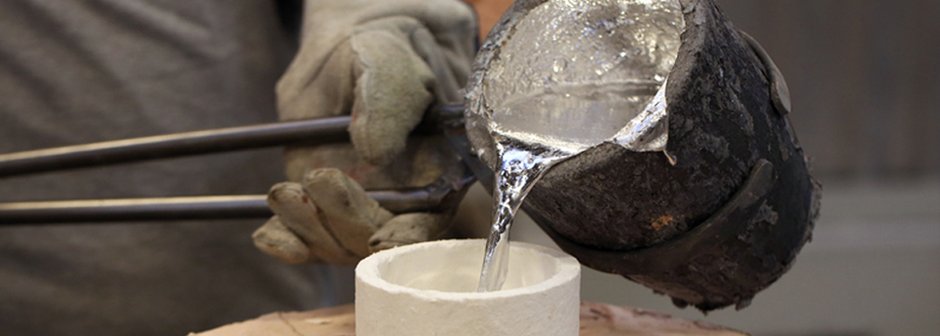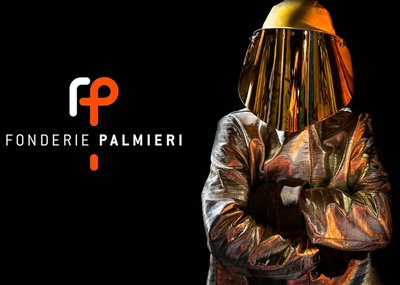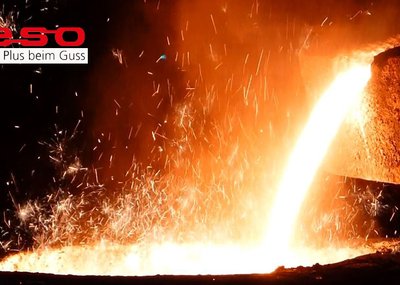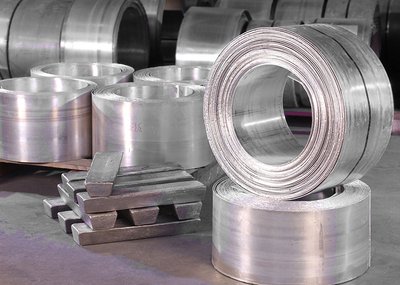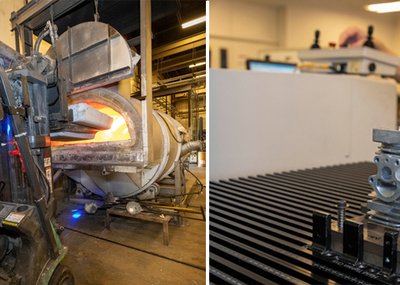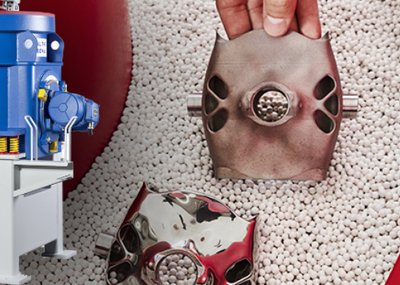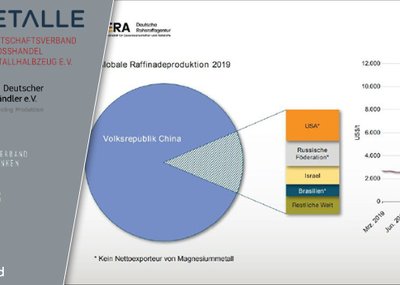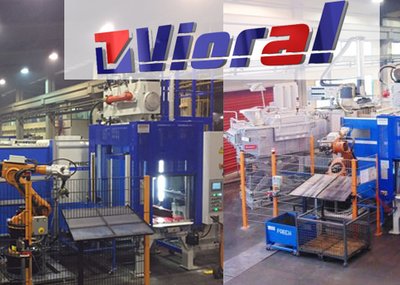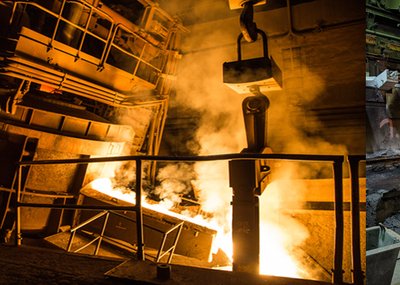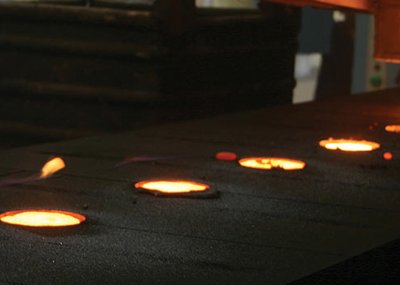The company was established in 1985 and is a 100% privately owned Danish company with approximately 58 employees. Formkon is ISO 9001 and ISO 14001 certified and most of the turnover is generated on export markets. Formkon focuses on demanding prototype projects and leading automotive and electronic companies from all over Europe like Bosch, Siemens and Zeiss rely on the high-quality and fast prototype solutions.
The Plaster Casting Foundry
This article focuses on the unique plaster casting prototype foundry which has been in operation at Formkon since 1995.
How The Process Works
The plaster casting process is suitable for casting smaller prototype quantities in aluminum and magnesium. The process can best be described as a lost wax casting process, but instead of using wax patterns, Formkon is printing all the patterns in PMMA on a Voxeljet VX800 printer. The patterns are then embedded into plaster moulds and subsequently the patterns are burned away at 700⁰C. Finally molten aluminium or magnesium is poured into the plaster mould and when set, the casting can be removed from the plaster mould.
After casting, the parts can be heat treated, CNC machined, leak tested, washed, laser-engraved and measured. All operations are carried out in-house which ensure extremely fast delivery times.
Some Of The Advantages
It is possible to produce very complex geometries. The process does not need draft angels and undercuts can easily be produced. Furthermore, it is possible to produce very thin-walled castings down to 1 mm or less.
A Few Technical Specifications
Standard alloys are Aluminium AlSi7Mg, Aluminium AlSi10Mg and Magnesium AZ91 and Magnesium AM60. Other alloys on request.
Maximum part dimensions are 700 mm x 400 mm x 400 mm. (larger items may be possible but will require further studies).
Suitable quantity is typically between 1-50 prototypes (depending on the part geometry).

